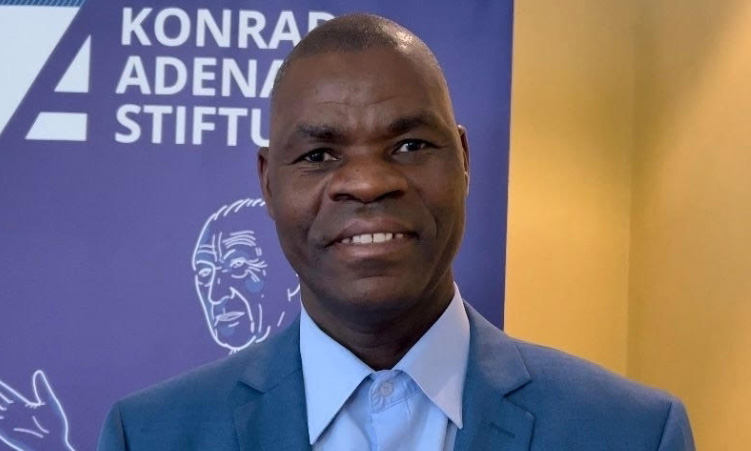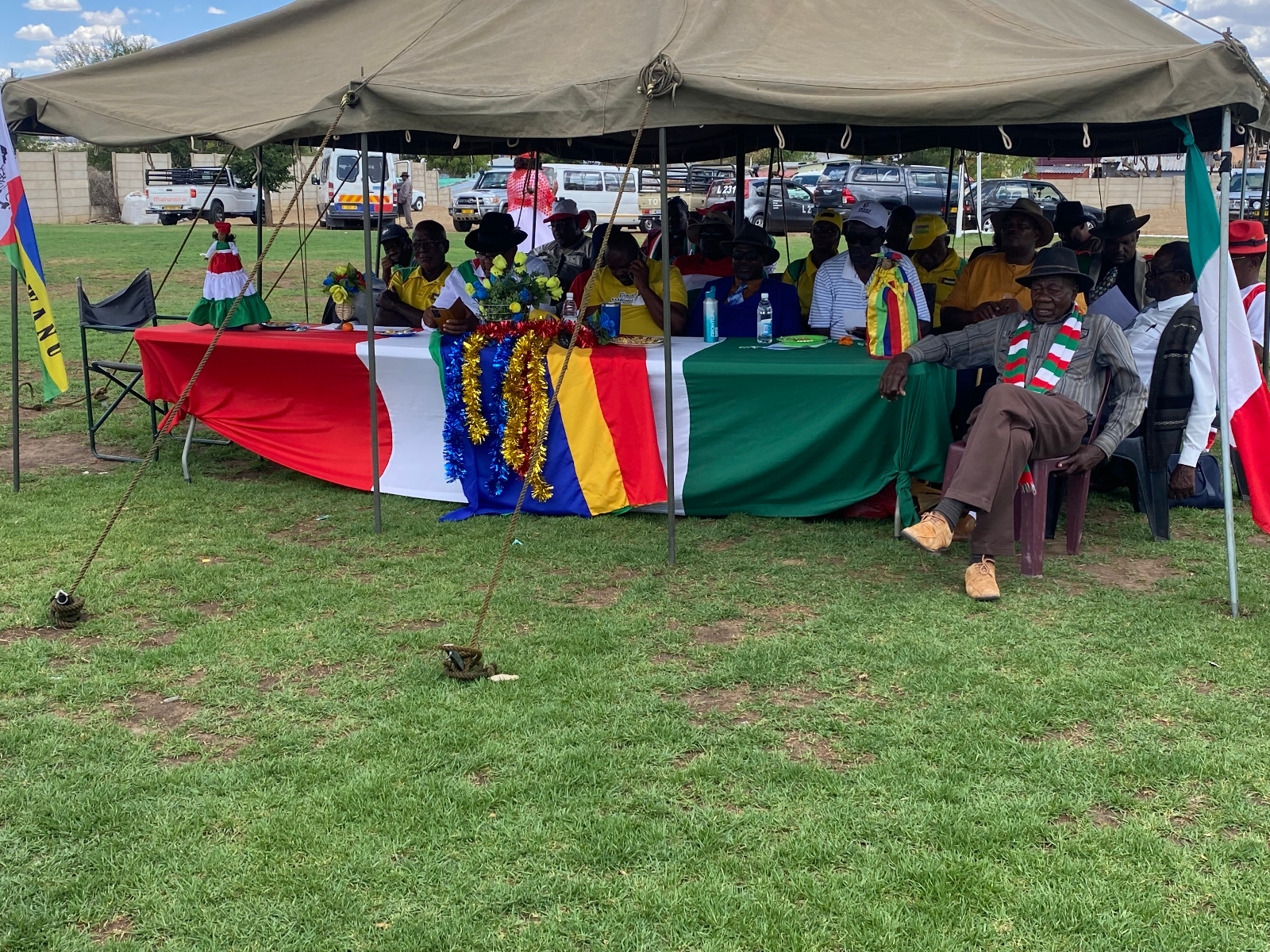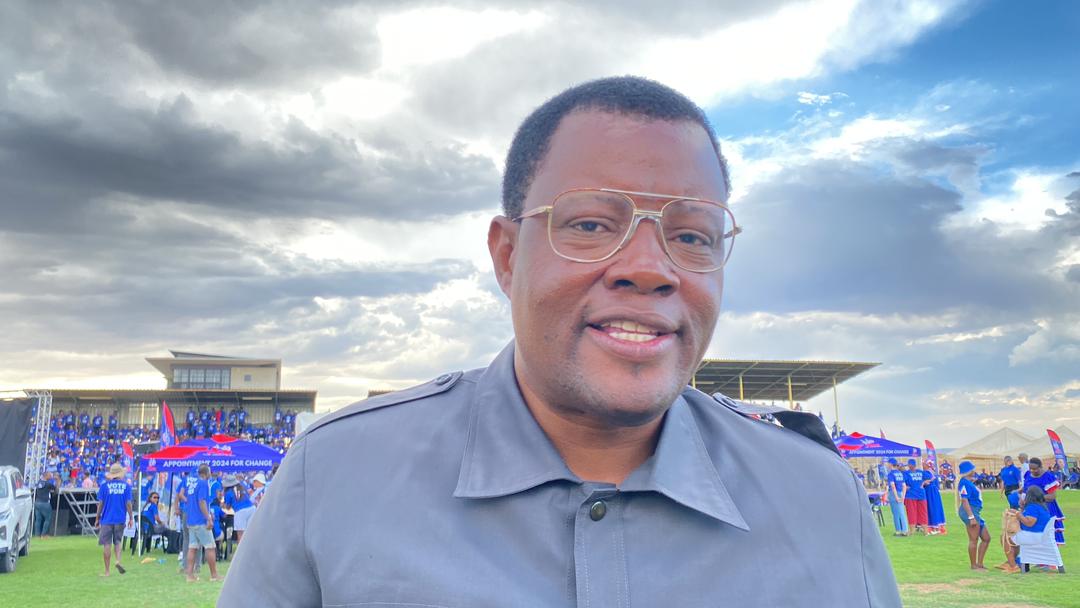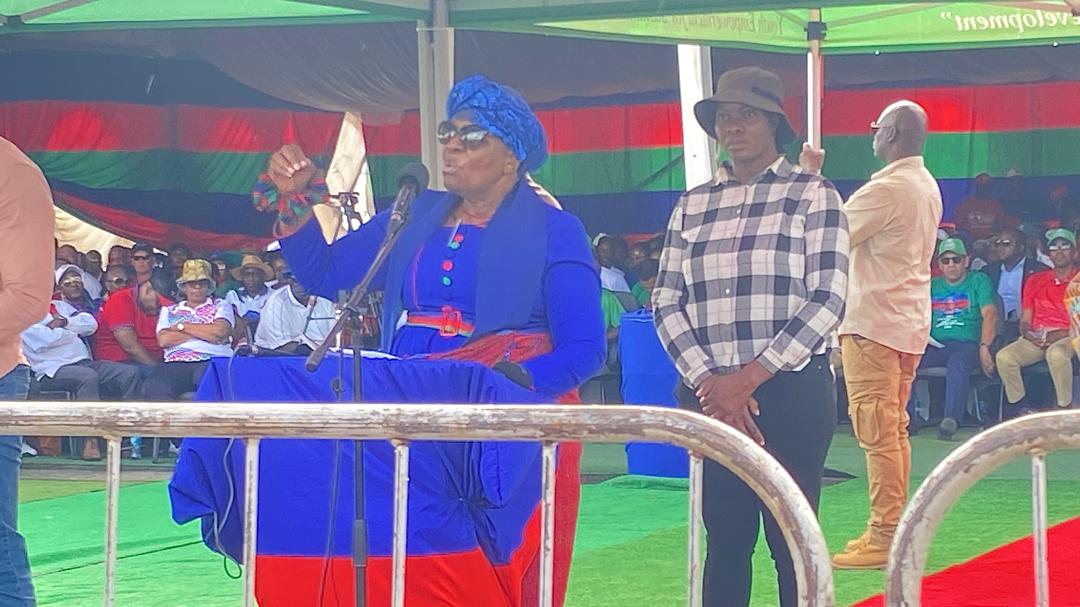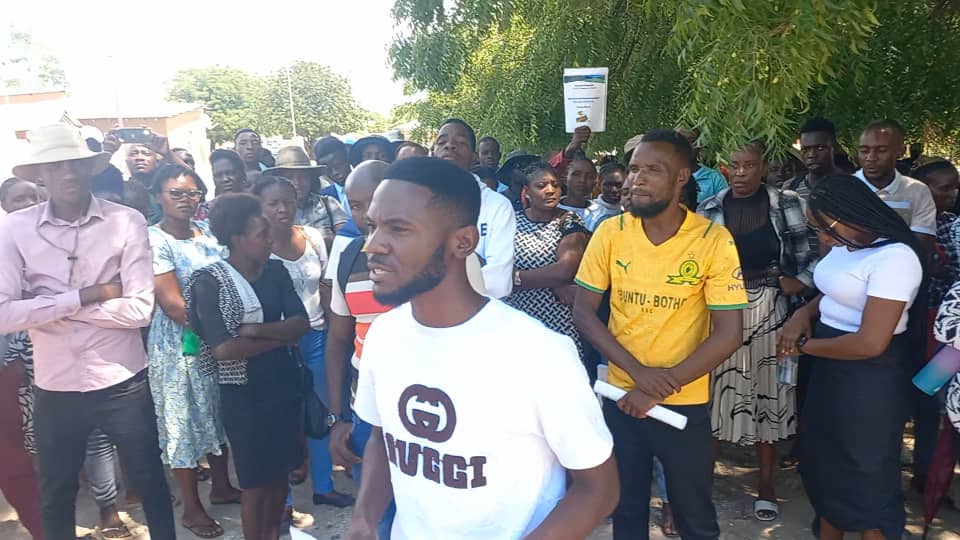Ombudsman Basilius Dyakugha has said his office cannot assist Fishrot accused Sacky Shanghala and Bernhard Esau with their frustrations with the judicial system.
Dyakugha on Tuesday visited the Windhoek Correctional Facility to hear the complaints of trial-awaiting inmates, as well as those in the clinic wards.
There are 123 people awaiting trial at the Windhoek Correctional Facility.
Shanghala complained to Dyakugha about their four years in jail with no bail, and said they want chairs and tables to study their case documents.
“Somebody who killed four to five people and has been convicted, given say 15 years, can have access to a computer and study.
“But I was apparently presumed innocent, I cannot even get bail. I cannot,” Shanghala told Dyakugha in a video by One Africa Television.
The ombudsman told The Namibian yesterday that he can only assist the accused with their concerns for a space to prepare for their upcoming trial.
He said the duo’s lawyers must argue in court for their other concerns.
He said the Fishrot accused used the opportunity to share their frustrations with him.
“They were talking about not getting bail. Bail is set by the S v Acheson case in 1991. They don’t understand why they must deviate from that position, where they are now keeping people for four years who are innocent in custody without being in court. That was their argument,” Dyakugha said
.
He noted that Shanghala’s issue was an administrative matter.
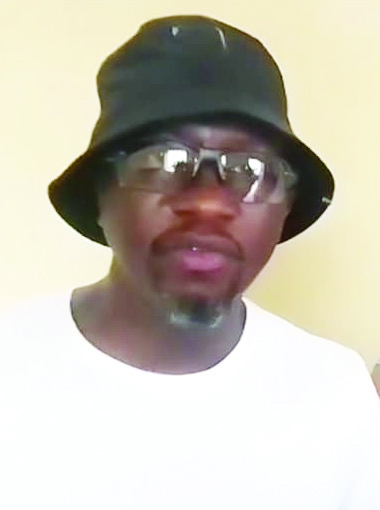
“They are complaining about the space where they can prepare their case to defend themselves because they have received disclosure with regards to the evidence the prosecution team has against them.
“I think that putting it [the papers] on a wooden pallet is not a table. There is no table there. There is no chair there. They were saying ‘no, we need a space where we can really have a table and have a chair where we can take notes. We need to go through these files’,” he said.
In an effort to assist the Fishrot accused, Dyakugha questioned correctional officers, who informed him that they were working on finding a solution.
“He said he knows about it and they are actually working on it. They have a space for them, as you know there is already a court facility in the area. They found a room for them,” he said.
Another point Shanghala stressed was internet access to enable him to prepare for the trial.
Last week, his fellow accused, Ricardo Gustavo, said he wants to be allowed to have a computer, printer and internet access in his prison cell to prepare for the trial.
Dyakugha said the accused’s lawyers have raised these issues in court and the blame was placed on the correctional services.
“It is not really within my office’s mandate to solve that one… [But] when you are incarcerated, you lose a little bit of your freedom and some of that freedom is the limited access to the outside world. The internet is one of those facilities.”
However, he said internet access can be controlled.
Shanghala also took a swipe at prosecutor general (PG) Martha Imalwa, accusing her of wanting to teach them a lesson.
“But when the PG says she’s meant to teach me this, you know, then I’m worried. I’ve been in the system, you know how long people come and visit me and they just accidentally say something that was said by those people?
“Then you know that this is no longer about the law,” he said.
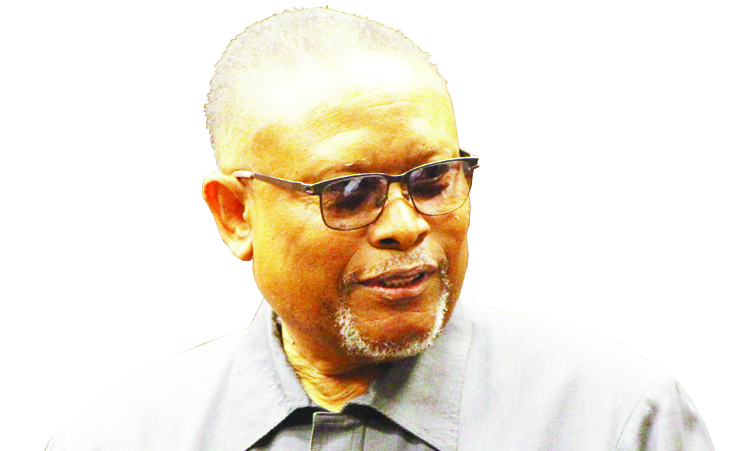
Imalwa did not have anything to say in response to Shanghala’s accusation.
“I am too busy to respond to unfounded accusations,” she told The Namibian yesterday.
Deputy commissioner Veikko Armas, who is the officer in charge of the Windhoek Correctional Facility, said arrangements are underway for the former ministers to have their own laptops brought to them.
Armas said this is because the request for access to technology is high and the facility cannot cater to everyone to prepare for their trials, due to budgetary constraints.
He said the National Correctional Services will, however, not be able to offer them internet access.
“The issue around the internet, because they want to also conduct research, this is the issue that needs to be resolved by the investigative authorities. We need to come in contact with them so that we can have a consultative meeting to iron out the issue. Because no, we are only keeping them for safe custody, but the investigative authorities are the Namibian Police,” he said.
According to Armas, access to personal equipment will be done in a controlled manner in order to ensure that the system is not abused in terms of security.
The Fishrot case is set to be heard on Tuesday in the Windhoek High Court.
Stay informed with The Namibian – your source for credible journalism. Get in-depth reporting and opinions for
only N$85 a month. Invest in journalism, invest in democracy –
Subscribe Now!


